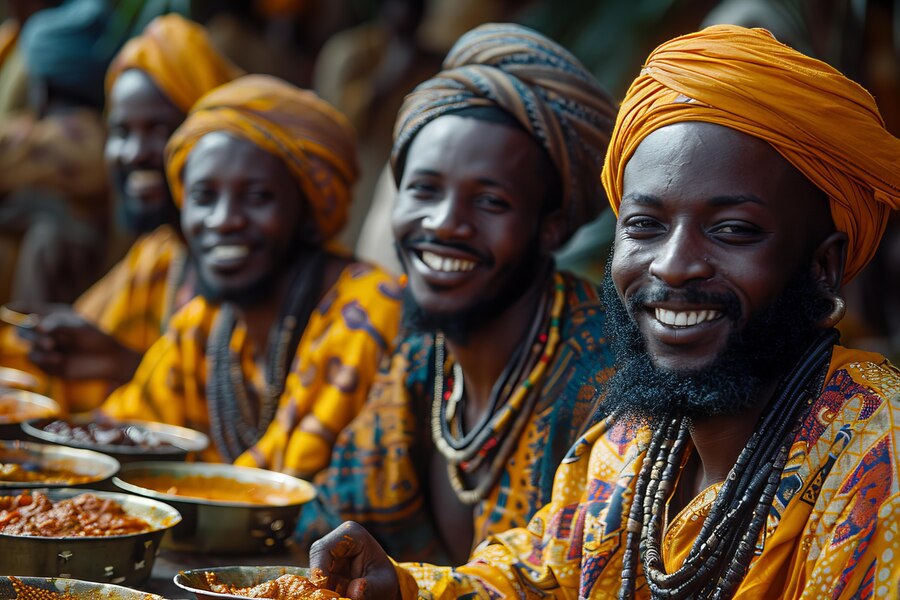Introduction
West Africa is a region known for its rich cultural heritage, diverse landscapes, and economic significance on the African continent. Comprising 16 countries along the Atlantic coast, from Senegal in the west to Nigeria in the east, West Africa is characterized by its vibrant traditions, languages, music, and historical importance. This article explores the geography, culture, economy, and contemporary significance of West Africa.
Geography and Diversity
- Geographical Features: West Africa is geographically diverse, encompassing savannas, rainforests, coastal plains, and semi-arid regions. The region is bordered by the Atlantic Ocean to the west and includes the Sahel region to the north, characterized by its transition from desert to savanna.
- Countries and Capitals: West Africa includes countries such as Nigeria (Abuja), Ghana (Accra), Senegal (Dakar), Ivory Coast (Yamoussoukro), and Mali (Bamako), among others. Each country contributes unique cultural and linguistic diversity to the region.
Culture and Heritage
- Cultural Diversity: West Africa is renowned for its cultural diversity, with over 1,000 languages spoken across the region. Traditional practices, music, dance, and art forms such as masks, sculptures, and textiles play significant roles in local customs and celebrations.
- Historical Legacy: The region has a rich historical legacy, including ancient empires like Ghana, Mali, and Songhai, which flourished through trade routes such as the Trans-Saharan trade and contributed to the development of advanced societies and cultural exchange.
Economic Importance
- Natural Resources: WestAfrica is endowed with natural resources including oil, gas, minerals (gold, diamonds, bauxite), and agricultural products (cocoa, coffee, palm oil). These resources are critical to the economies of many countries in the region.
- Trade and Commerce: The region serves as a hub for trade both within Africa and internationally. Ports such as Lagos (Nigeria), Abidjan (Ivory Coast), and Dakar (Senegal) facilitate trade routes, connecting West Africa to global markets.
Contemporary Significance
- Political Landscape: WestAfrica faces diverse political challenges, including governance issues, security concerns, and efforts towards regional integration through organizations such as the Economic Community of West African States (ECOWAS).
- Development Challenges: Despite economic growth in some countries, WestAfrica continues to grapple with issues such as poverty, healthcare access, education, and infrastructure development, requiring sustained efforts for improvement.
Conclusion
West Africa stands as a vibrant and dynamic region, characterized by its cultural richness, economic potential, and historical significance. From its diverse landscapes to its diverse peoples and economies, WestAfrica continues to shape the narrative of Africa’s development and global engagement. As countries in the region navigate challenges and opportunities in the 21st century, their collective heritage and aspirations contribute to the evolving identity and influence of WestAfrica on the global stage.










